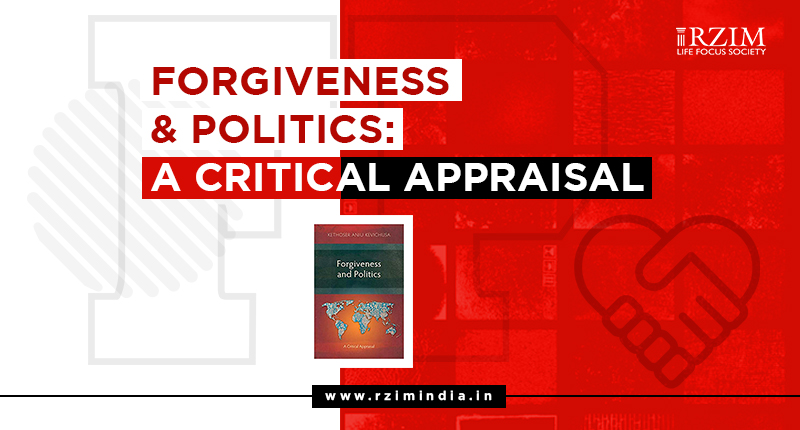[Book Abstract] Forgiveness and Politics: A Critical Appraisal
Forgiveness and politics are often assumed, both ordinarily and academically, to be unrelated and un-relatable. There is, however, an increasing body of literature from various disciplines challenging that assumption, and arguing for the role and rationale of forgiveness in politics. This book also argues that forgiveness and politics can be related, and that forgiveness has political import and purchase. It, however, argues that the standard approaches and proposals for relating forgiveness and politics are themselves conceptually inadequate and methodologically flawed, and offers an alternative proposal for the relationship between forgiveness and politics. In offering the proposal, the research revisits not only the biblical foundations of forgiveness, but also the concepts and practices of politics, justice, and reconciliation, arguing that these concepts and practices are themselves undergirded and sustained by forgiveness.
With regard to politics, it argues that the understanding of politics as the activity of dialogue and compromise, grounded in realism and with a view to reconciliation, necessarily requires forgiveness as an operative principle and practice. It also argues that the concept and purpose of justice, both primary and rectifying justice, is not necessarily in conflict with forgiveness, and that justice can in fact be authentically conceived and practised in a manner that tends towards forgiveness. With respect to the search for reconciliation in conflict societies, it argues that forgiveness is indispensable to the realisation of the standard elements necessary for reconciliation.
The research also studies two cases of forgiveness in the context of political conflict, namely Northern Ireland and Nagaland. With respect to Northern Ireland, it argues that a good case of forgiveness in politics is the peace process that culminated in the Good Friday Agreement of 1998. With regard to the Naga conflict, it assesses the current Forum for Naga Reconciliation process, and also argues that forgiveness in politics will essentially involve a move from war to politics and political activity.


There are no comments